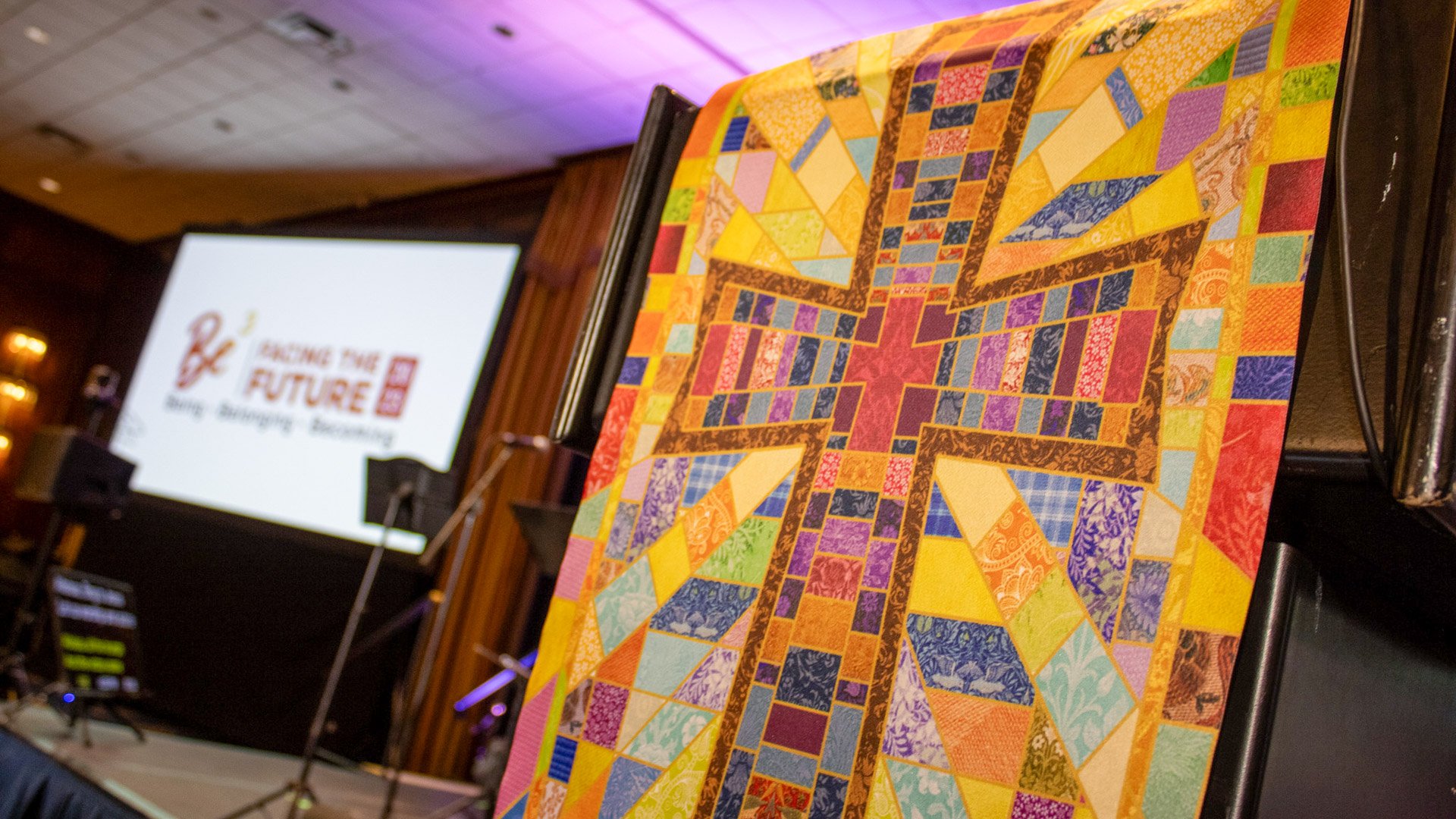
the UMC’s trusted leader in race, culture, and equity
The General Commission on Religion and Race
“We believe that the Image of God found in the person of the Holy Trinity is Diverse, Equitable, and Inclusive.”
GCORR’s Statement on The Imago DEI (Diversity, Equity, Inclusion) as an Expression of the Trinity
News & Blog

The Facing The Future 2025 Conference
Rejoice, Recenter, Revive
October 7 - 9, 2025
Los Angeles, CA
Latest Resources
GCORR’s resource hub is r2hub.org with practical resources for church leaders seeking to engage and embrace cultural diversity and anti-racism
Our Mission
Our mission is to challenge, lead, and equip the people of The UMC to become interculturally competent, ensure institutional equity and facilitate vital conversations about religion, race, and culture.
Special Sunday
Disability Awareness Sunday
Resources and connections to call the Church to celebrate the gifts and graces of persons with disabilities and calls the Church and society to full inclusion of persons with disabilities in the community
Special Project
Our Sacred Journey
A collection of stories that celebrate the rich diversity of the United Methodist Church community by sharing stories that reflect our cultural identities, faith journeys, and shared humanity









